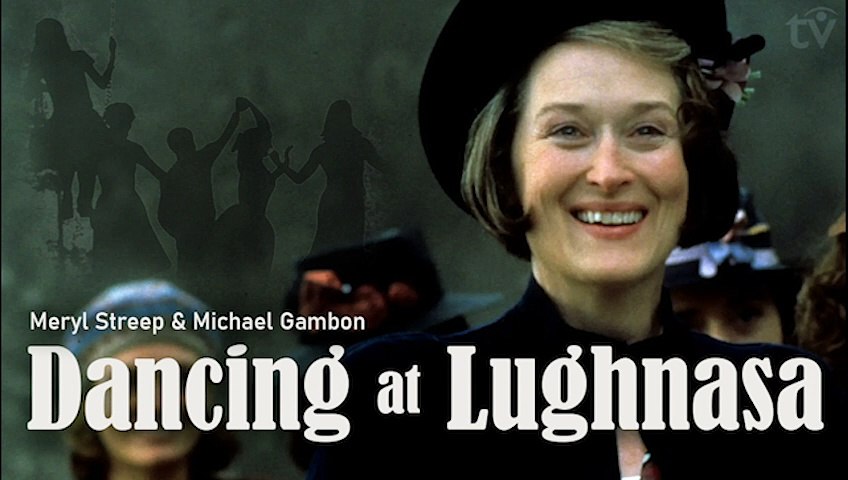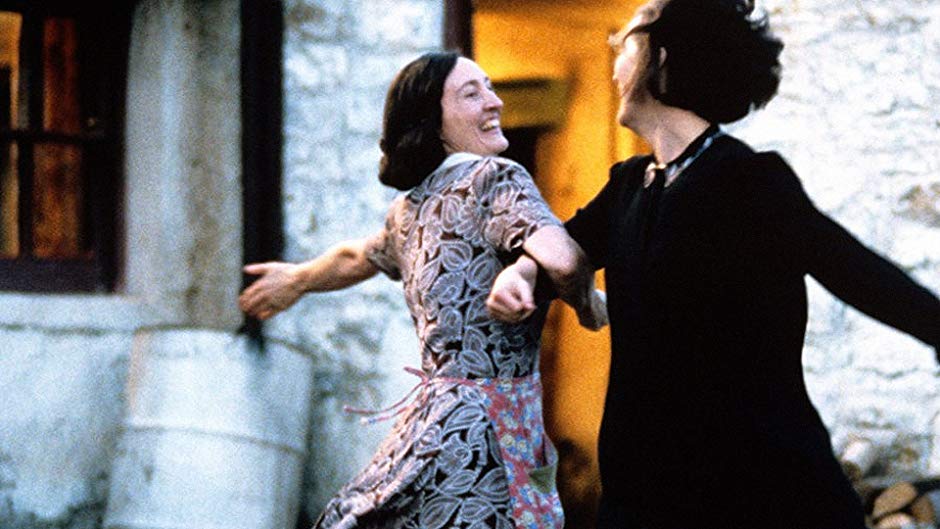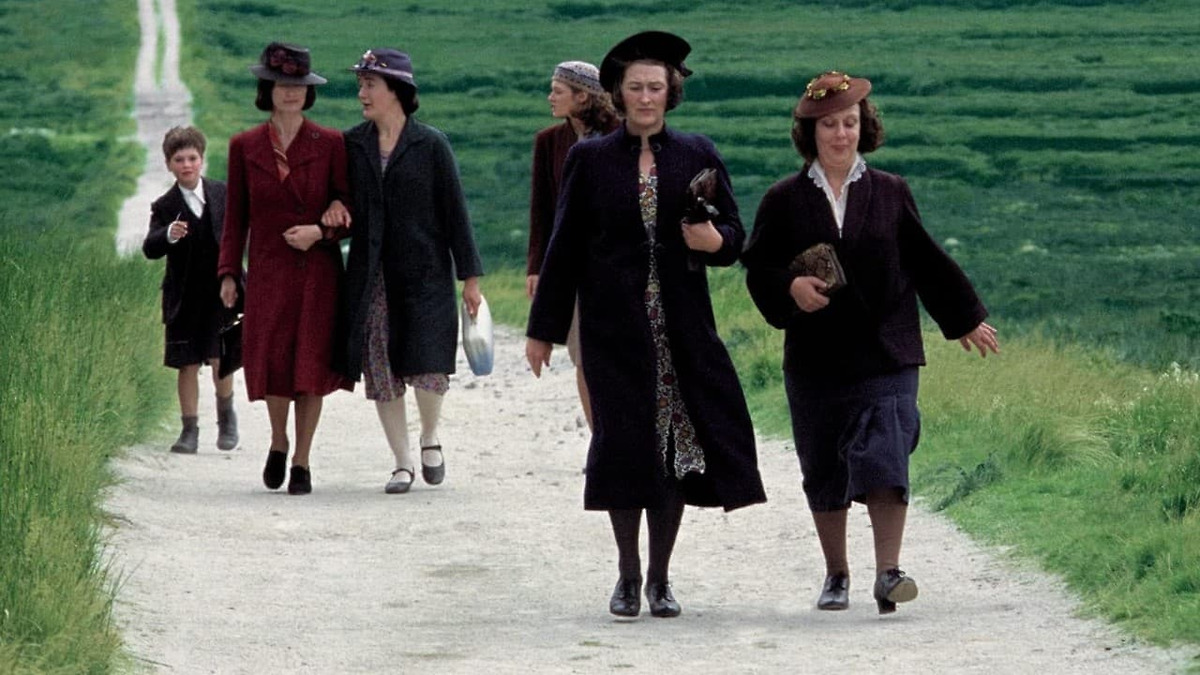Dancing at Lughnasa (1998)

Dancing at Lughnasa (1998) is a deeply moving and beautifully crafted film based on the Tony Award-winning play by Brian Friel. Set in the rural landscape of 1930s Donegal, Ireland, the movie captures a moment in time for five sisters living together in a small cottage. The film explores the tension between tradition and change, family and independence, all through a quiet yet emotionally powerful lens.
The setting plays a crucial role in the film’s emotional tone. The lush but isolated countryside of Donegal reflects the inner lives of the characters—rich with love and connection, but also marked by limitations and longing. The rural Irish backdrop helps to create a timeless atmosphere that enhances the film’s themes of memory, change, and nostalgia.
Led by the brilliant Meryl Streep as Kate, the oldest sister, the cast delivers outstanding performances. Each sister has a unique personality and story, and their interactions create a vivid portrait of family life. The chemistry among the actresses brings authenticity to the characters’ joys, struggles, and unspoken tensions. Their lives are further complicated by the return of their brother from missionary work in Africa and the presence of a charming but unreliable man.

At its core, Dancing at Lughnasa is about change—both personal and cultural. It portrays the fading of old traditions and the quiet arrival of modern influences. The film doesn’t rely on dramatic plot twists but instead builds emotion through subtle gestures, silences, and everyday moments. This approach creates a powerful emotional impact that lingers long after the movie ends.

In conclusion, Dancing at Lughnasa is a poignant and poetic film that captures the complexity of family and the bittersweet nature of change. With sensitive direction by Pat O’Connor and remarkable performances, especially by Meryl Streep, the movie brings Brian Friel’s play to life in a way that is both faithful and cinematic. It remains a quiet gem in the world of literary film adaptations.











